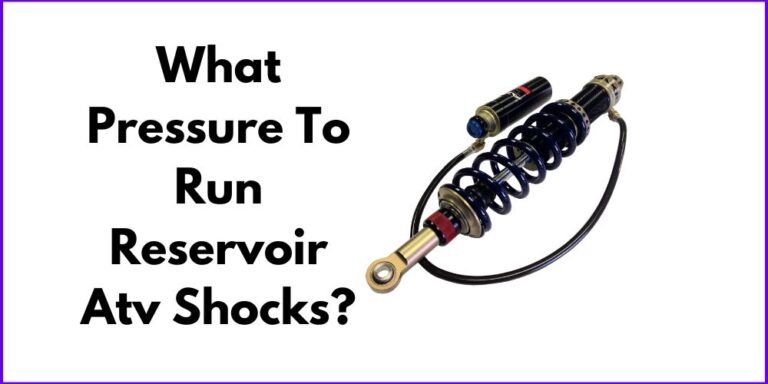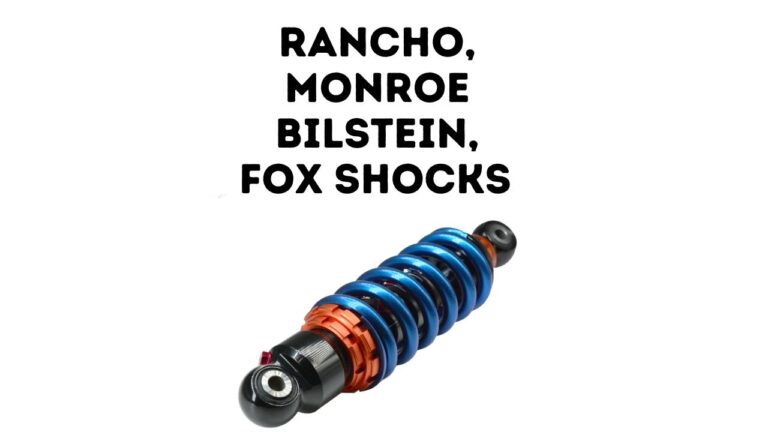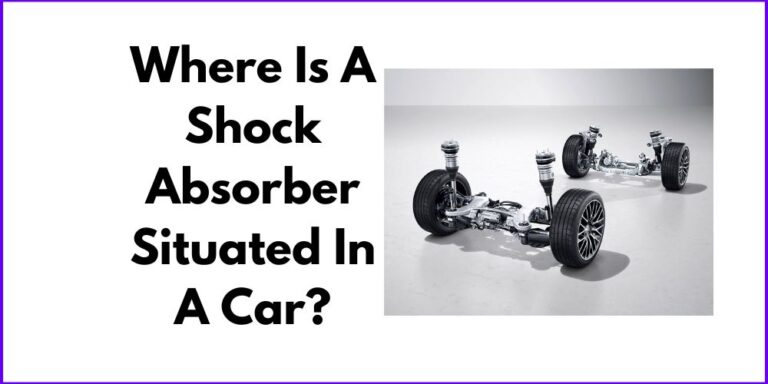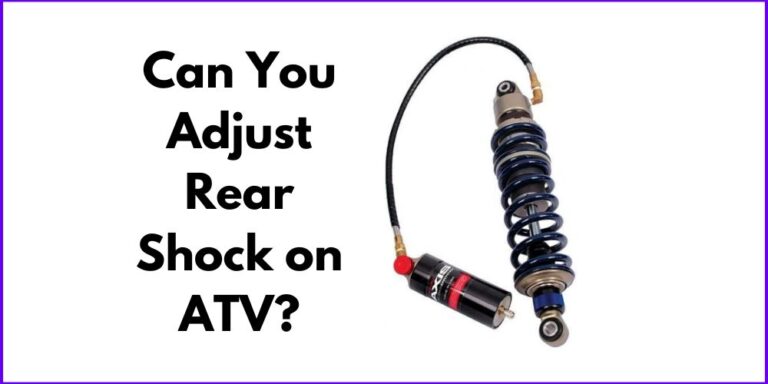It is a common misconception that bad shocks can cause vibration. It is the other way around. Vibration from a wheel is transferred to the shock absorber, which then dissipates the energy. If the shock absorber is worn out, it will not be able to dissipate the energy as effectively, leading to increased vibration.
Many car owners have experienced the frustration of driving down the road, only to feel their car start to shake. Is this just a coincidence, or is there a real connection between bad shocks and vibration?
Can Bad Shocks Cause Vibration?
The short answer is yes, bad shocks can cause vibration. But how, exactly? To understand the connection, we need to take a closer look at what shocks are designed to do. Shocks are a vital part of your car’s suspension system, and their primary purpose is to absorb impact.
By absorbing impact, they help keep your car’s tires in contact with the road. This is important because it helps improve your car’s handling and prevent premature tire wear.
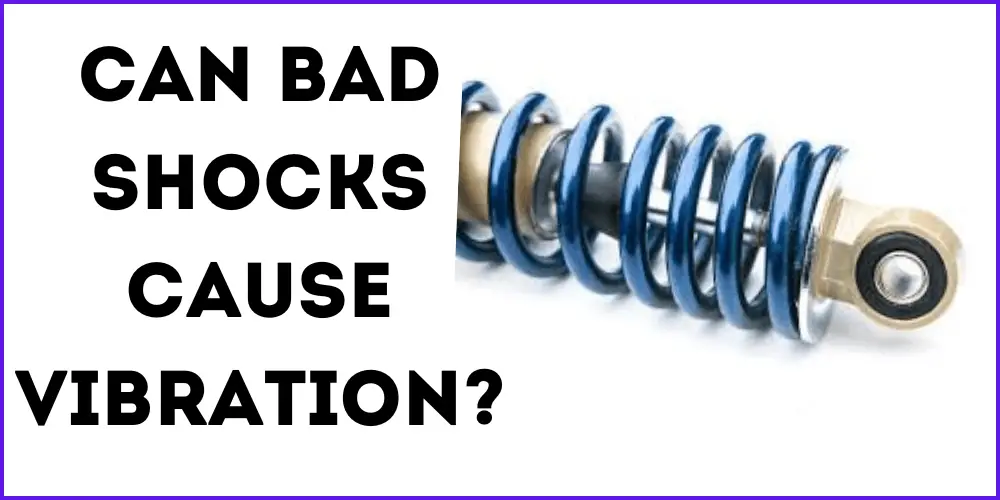
Now that we know what shocks are supposed to do, let’s discuss what happens when they go bad. When shocks start to fail, they become less effective at absorbing impact. This can lead to increased vibration, particularly at higher speeds. In extreme cases, it can even cause your tires to lose contact with the road completely. Obviously, this is something you want to avoid at all costs.
Fortunately, there are some telltale signs that your shocks may be going bad. These include an increase in bumpiness when driving over uneven roads, decreased handling ability, and premature tire wear. If you notice any of these symptoms, it’s important to have your shocks checked out as soon as possible by a qualified mechanic.
What Causes Vibration?
Vibration is caused by an imbalance in the wheel or tires. When one side of the tire is heavier than the other, it will cause the wheel to vibrate. This can be caused by several things, such as uneven tread wear, a bent wheel, or incorrect tire pressure.
How to tell if your shocks are causing the vibration?
There are a few ways to tell if your shocks are causing vibration. The first way is to simply look at them. If they are leaking fluid or appear to be damaged in any way, they may be causing vibration. Another way to tell is by driving your car. If you feel vibration when driving on smooth roads but not on rough roads, your shocks may be causing the problem.
Can a bad suspension cause vibration?
Yes. A bad suspension can cause vibration because it will not be able to properly absorb the shocks and bumps from the road. This will cause the car to bounce and vibrate more, which can be uncomfortable and even dangerous.
It is important to have a good suspension system in your car because it keeps you safe and comfortable while you’re driving. If your suspension is bad, then you should get it fixed as soon as possible.
What causes excessive vibration in a car?
There are a few things that can cause a car to vibrate excessively. One common cause is a misaligned wheel. If the wheel is aligned properly, it will prevent the car from vibrating as it rotates. Another common cause of vibration is worn-out suspension components.
When the suspension components are worn out, they will not be able to absorb the vibrations from the road, which will cause the car to vibrate more. Finally, if there is an issue with the engine or transmission, it can also cause the car to vibrate excessively.
Related: Will lowering springs damage my car?
Conclusion:
Nasty shocks will not cause vibration but can worsen existing vibrations. If you think your shocks might be causing vibration, there are a few things you can do to check. First, look at them for any signs of damage or fluid leaks.
Second, take your car for a drive and see if you feel vibrations on smooth roads but not on rough roads. If you find that your shocks are causing vibrations, replace them as soon as possible so you can enjoy a smooth ride again!

